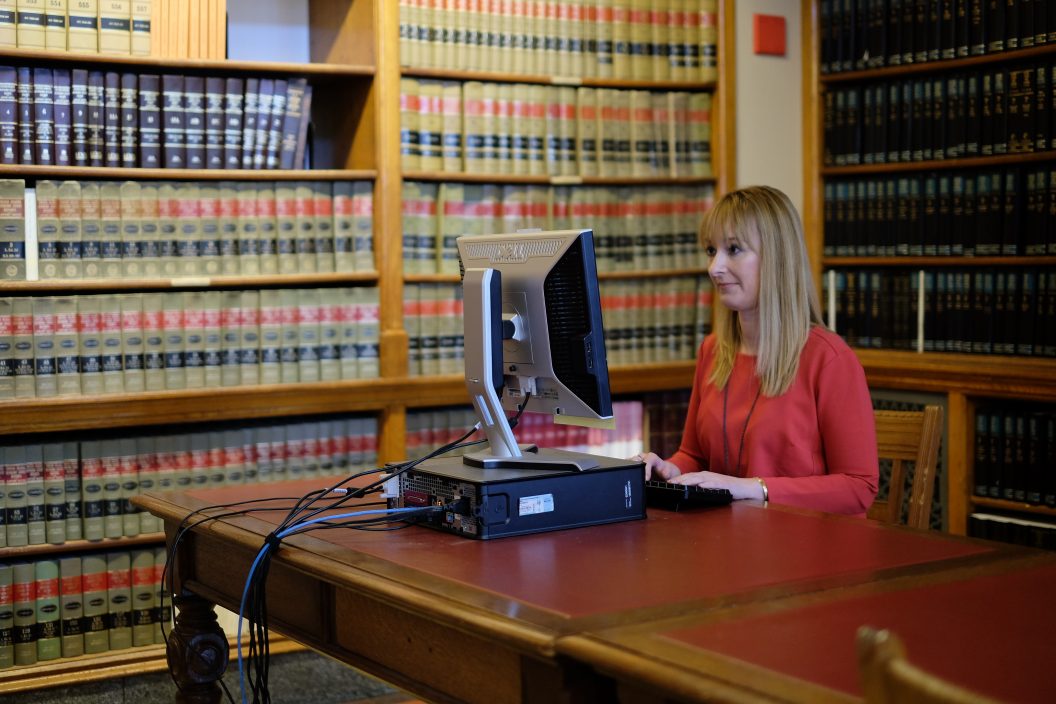Economic Development Featured Prominently in 2016 Legislative Session
May 03

Job creation and cultivating a skilled workforce have been at the top of Gov. Terry Branstad’s and the Legislature’s agenda for a number of years, and the 2016 session was no exception. The Iowa Legislature closed out this year’s session on Friday, April 29 after passing a slate of economic development measures meant to spur job growth and improve Iowans’ quality of life. Major economic development measures from the session include the following:
Enhance Iowa
A lack of skilled workers in Iowa has hampered economic growth and has many firms rethinking expansion plans, Iowa business leaders say. The Enhance Iowa program will foster efforts to make Iowa an increasingly attractive place to live, work, and raise a family by encouraging public-private partnerships that invest in the quality of life and cultural amenities. The program aims to attract and retain skilled workers – particularly Millennials – to fill the 21st-century jobs that typically pay higher wages and require more education and training. The initiative will build on and ultimately replace the successful Vision Iowa program, which leveraged dollars over the past decade to build numerous cultural and recreational attractions around the state. With the state budget tight for 2017 fiscal year, proponents are optimistic the program will see funding in 2018.
Enhance Iowa also will oversee a sports tourism fund for projects that promote amateur, collegiate, and professional sporting events in the state. Many see sports tourism as a growing opportunity for the state after NASCAR’s success in drawing large crowds at the Iowa Speedway in Newton, and Des Moines’ hosting of first and second-round games in the NCAA men’s basketball tournament.
Renewable chemical tax credit
Legislators approved a new tax credit for Iowa’s burgeoning renewable chemical industry – an important complement to Iowa’s renewable fuels production. With a wealth of bio-based waste for the production of biochemicals, Iowa has been at the cutting edge of one of the fastest-growing segments of the biosciences sector.
The Renewable Chemical Production Income Tax Credit would provide up to $10 million per year in credits beginning in 2018. An estimated 25 companies will produce renewable chemicals eligible for the credit over the 10 years the credit would be available. Eligible companies include those that organize, expand, or locate in Iowa. Gov. Terry Branstad signed the bill into law on Iowa State University’s campus, noting it is the first of its kind in the nation and will help build on the state’s “legacy of leveraging homegrown renewable resources to produce the next generation of building block chemicals.”
Telepharmacy expansion
Seeking to improve access to health care in rural Iowa, legislators passed a bill that would allow additional telepharmacies to open in underserved areas. An estimated 80 “pharmacy deserts” currently exist in Iowa, where residents must travel more than 10 miles to the nearest pharmacy.
Senate File 453, which was signed into law by Gov. Branstad, will allow telepharmacies to open in these pharmacy deserts and provide Iowans with convenient nearby choices for pharmacy services. Telepharmacies are staffed by a certified pharmacy technician with a licensed pharmacist verifying all prescriptions for accuracy and appropriateness remotely. The pharmacist also is available to counsel patients through a secure video link.
A number of local business and community leaders pushed for the legislation, highlighting pharmacy services as an important element of the economic vitality and health care needs of their communities.
Looking ahead
Both rural and urban areas of the state stand to benefit from economic development measures passed in the 2016 legislative session. With an eye on the future, it’s likely the Legislature and state policy makers will continue to prioritize quality of life initiatives that keep skilled workers in the state and attract professionals to fill jobs in Iowa’s growing industries.
Do you have an issue we can help with? Contact our government affairs team today!
Learn more about the author of this blog post, Charlotte Eby.
